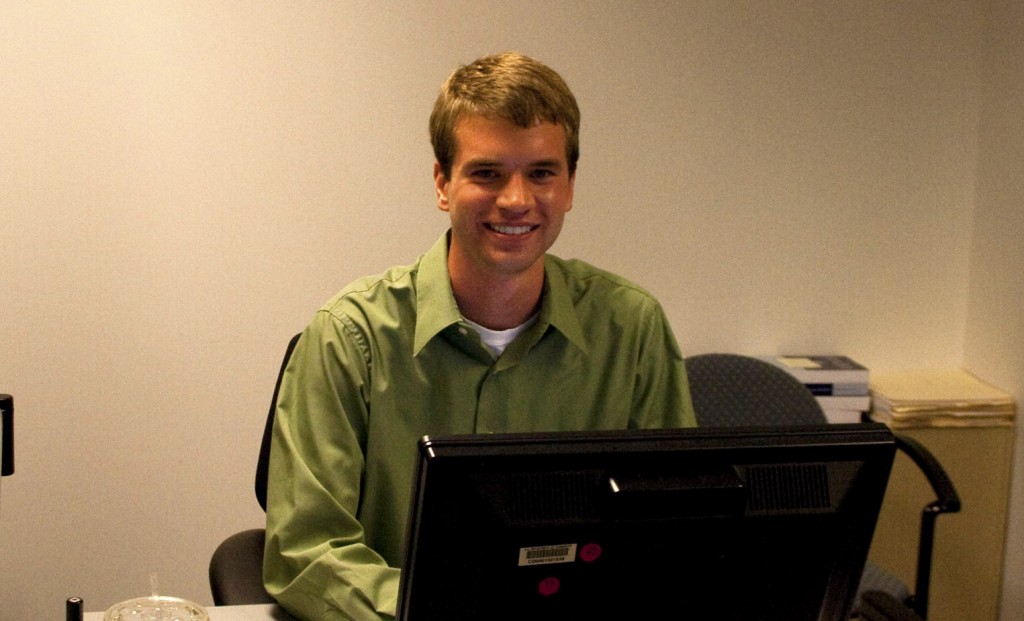Darian Harnish had a great summer working with numbers for the federal government, instead of shoveling mulch. The summer emerged from a University of Maryland fellowship, which led to an internship at the National Income and Wealth Division of the Bureau of Economic Analysis (BEA). There Harnish combined his two majors, economics and accounting, in an environment designed for him to do more than “just run and get coffee.”
“My supervisors and division chief have taken time to bring me on board with projects that I am interested in,” said Harnish, a senior at Eastern Mennonite University (EMU). “I have had the opportunity to work on projects ranging from preparing reports and presentations to compiling and vetting data for a database.”
Competitive from EMU
“One of my big fears when I put in my deposit at EMU was that I would not have access to the same opportunities students at some of the larger and more well-known universities do,” said Harnish. “My acceptance into this fellowship calmed that fear as well as reaffirming the fact that EMU has prepared me to enter my field.”
Harnish’s BEA internship was part of a junior fellowship from the Joint Program of Survey Methodology at the University of Maryland.
“I knew I did not want to return to throwing mulch again this summer and immediately looked into the program,” said Harnish. “The fellowship program matches each fellow with a bureau and I was fortunate enough to end up in an economics agency.”
The fellowship program placed undergrads in federal statistical agencies and hosted field visits and seminars on survey methodology. Weekly seminars were held on the University of Maryland campus.
“I’ve had the opportunity to meet with the Chief Statistician of the United States and tour many of the other bureaus, including the Bureau of Justice Statistics and Census,” said Harnish.
Beyond theory
In addition, Harnish found the fellowship program was a way to move “beyond theory and explore math.”
“While I enjoyed my course in survey methodology, I was more interested in the possibility of working for one of the federal economics agencies. I saw this program as a good way to move beyond theory and explore the math.”
In his internship, Harnish said he got hands-on experience using concepts taught by Chris Gingrich, professor of economics, and Jim Leaman, associate professor of business and economics. In addition, “Chris (Gingrich) and Jim (Leaman) pushed me to develop my communication skills, both written and verbal, which was very helpful.”
